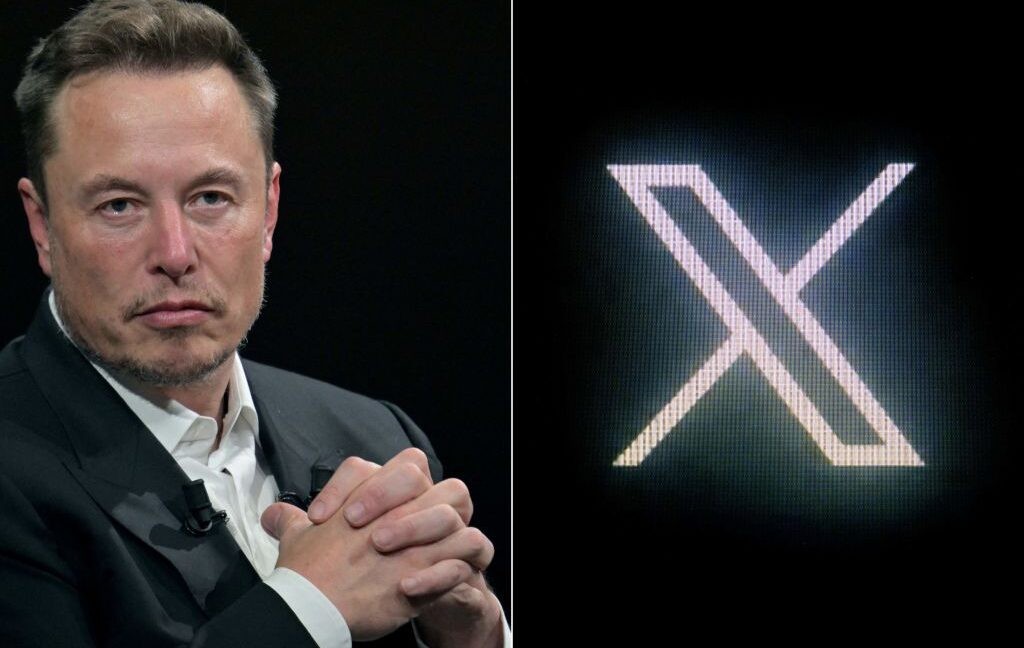Introduction
In the digital age, where information flows more freely than ever before, the balance between privacy and security is a constant topic of debate. Recent developments have thrust this issue back into the spotlight, as a prominent researcher has threatened to sue X, the social media platform owned by Elon Musk, after being erroneously linked to a French probe. This situation highlights the complexities of data privacy and the responsibilities of tech giants in managing user information. In this blog post, we will delve into the details of the unfolding situation, examining the reactions from various stakeholders and the broader implications for tech policy.
Breaking Developments
| Date | Event |
|---|---|
| July 2025 | Researcher threatens lawsuit against X |
| July 2025 | X refuses to comply with French police request |
Expert Reactions
- Privacy advocates express concern over potential overreach
- Legal experts debate the implications of X’s refusal
- Tech industry analysts discuss the impact on user trust
The recent controversy began when French authorities requested real-time data from X regarding all user posts, as part of an investigation into activities that may have violated local laws. The social media platform, however, refused to comply, citing concerns over user privacy and the potential for governmental overreach. This refusal has sparked a fierce debate about the role of tech companies in law enforcement and their obligations to protect user data.
Technical and Legal Challenges
The refusal by X to provide real-time user data presents a complex legal and technical challenge. At the heart of the issue is the question of how much access law enforcement should have to private data and what safeguards need to be in place to prevent abuse.
Legal Considerations
- Balance between privacy rights and security needs
- Jurisdictional challenges in international data requests
- Precedents in data privacy law
From a legal standpoint, X’s decision to withhold data raises questions about the extent of a tech company’s responsibility to comply with international law enforcement requests. Jurisdictional challenges further complicate the issue, as data privacy laws vary significantly from one country to another. The outcome of this situation could set important precedents for how similar cases are handled in the future.
Technical Implications
- Challenges in implementing real-time data tracking
- Potential risks to user privacy and data security
- Technological limitations in monitoring and compliance
On the technical side, implementing a system capable of providing real-time data to law enforcement presents significant challenges. Not only does it require sophisticated monitoring capabilities, but it also raises concerns about the security of user information. There is a risk that such a system could be exploited, leading to unauthorized access to private data. Furthermore, the technological infrastructure needed to support real-time data sharing could be costly and complex to maintain.
Source: Researcher threatens X with lawsuit after falsely linking him to French probe
Implications for Tech Policy
The dispute between X and the French authorities is more than just a legal battle; it is a test case for the evolving landscape of tech policy. As governments around the world grapple with how to regulate digital platforms, the outcome of this case could influence future legislation and the balance of power between tech companies and law enforcement.
Potential Policy Changes
- Stricter regulations on data sharing
- Increased pressure on tech companies to comply with law enforcement
- Broader discussions on international data governance
As the situation unfolds, policymakers may consider implementing stricter regulations on how tech companies handle data requests from law enforcement. There is a growing call for clearer guidelines and accountability measures to ensure that user privacy is not sacrificed in the name of security. This case may also prompt a broader discussion on international data governance, as countries seek to harmonize their approaches to digital privacy.
Conclusion
The confrontation between X and the French authorities is a microcosm of the larger debates surrounding privacy, security, and the role of technology in society. As this situation develops, it will be crucial to monitor the legal, technical, and policy implications that emerge. Whether X’s stance will be vindicated or challenged in court remains to be seen, but the outcome will undoubtedly have far-reaching consequences for the tech industry and beyond.
Tags: tech policy, data privacy, social media, law enforcement, international law
Image source: Original Article





